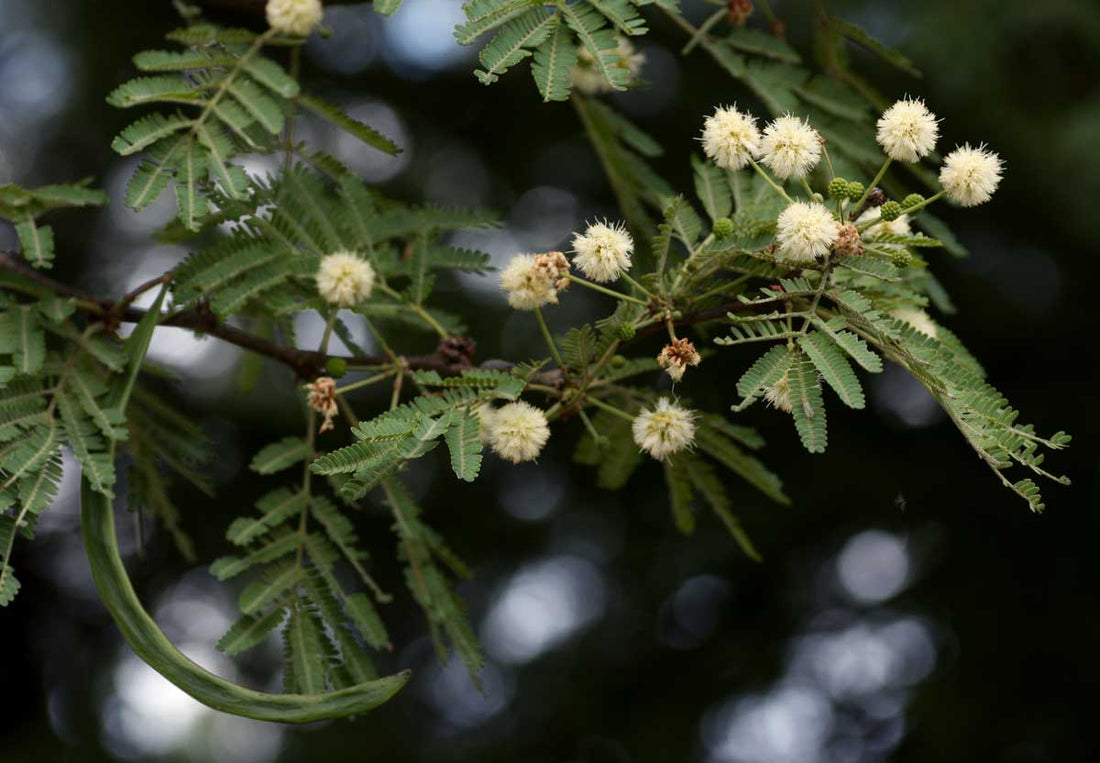

The Aspalove tree, known for its resilience and diverse uses, holds a prominent place in both ecological systems and local traditions. This versatile tree provides valuable resources, supporting both biodiversity and rural communities. Botanical Mar Read more
Trending
Trees for Corporates
The Aspalove Tree: A Guardian of Ecology and Tradition
The Aspalove tree, known for its resilience and diverse uses, holds a prominent place in both ecological systems and local traditions. This versatile tree provides valuable resources, supporting both biodiversity and rural communities.
Botanical Marvel: The Aspalove tree, scientifically called Acacia robusta, is also known by other names depending on the region. In some areas, it is referred to as "Velvet Thorn", and in local dialects, it is often called "Black Wattle". This small-to-medium-sized tree is well adapted to dry, arid conditions, growing up to 40 feet tall. It features a distinctive thick bark and fine feathery leaves, with yellow flower clusters that bloom in the dry season.
Cultural Symbolism: The Aspalove tree has long been valued for its role in traditional medicine and its cultural importance. It is often planted near homes and farms as a symbol of protection and strength. The tree’s bark and leaves are used in various rituals, while its wood is favored for making traditional tools and weapons.
Ecological Keystone: The Aspalove tree plays a crucial role in maintaining its ecosystem. As a nitrogen-fixing tree, it enriches the soil, improving its fertility and supporting the growth of other plants. It also serves as a food source for wildlife, particularly during the dry season when its flowers and seeds provide nourishment for birds and animals.
Versatile Uses: The Aspalove tree is renowned for its wide range of uses. Its timber is durable and is used in fencing, construction, and making implements. The tree’s bark and leaves are used in traditional medicine to treat infections, wounds, and digestive disorders. Additionally, its sap is used to make natural adhesives and dyes.
Economic Importance: The economic value of the Aspalove tree is significant, particularly for rural communities. Its wood is a valuable commodity, while its bark and leaves are harvested for traditional medicine markets. The tree also contributes to the local economy through its use in agroforestry, where it improves soil quality and increases agricultural yields.
Traditional Knowledge: Local communities have accumulated centuries of knowledge about the Aspalove tree, particularly its medicinal and agricultural benefits. Traditional healers use its bark and leaves to treat various ailments, while farmers incorporate it into their agroforestry systems to enhance soil fertility and protect crops.
Environmental Sustainability: The Aspalove tree contributes to environmental sustainability by restoring degraded land and preventing soil erosion. Its deep roots help stabilize the soil, making it a key species in combating desertification. In agroforestry, the tree provides shade for crops and improves soil structure, reducing the need for chemical fertilizers.
Challenges and Conservation: Despite its benefits, the Aspalove tree faces challenges due to deforestation and overexploitation. Conservation efforts are needed to ensure sustainable harvesting and promote the planting of Aspalove trees in areas where they have been depleted. Education and awareness programs can help local communities manage this resource responsibly.
Community Empowerment: The Aspalove tree holds the potential to empower communities through sustainable use. Training programs that teach sustainable harvesting techniques and value-added processing of Aspalove products can improve livelihoods while ensuring the tree's long-term survival.
Climate Resilience: The Aspalove tree’s adaptability to harsh environments makes it a valuable asset in the fight against climate change. Its ability to grow in poor, dry soils helps it play a crucial role in land restoration efforts. Planting Aspalove trees in degraded landscapes can help restore ecosystem functions, provide shade, and offer protection against soil erosion.
Consumer Awareness: Promoting awareness of the Aspalove tree’s many benefits can encourage responsible use and consumption. Consumers who support products made from sustainably sourced Aspalove wood, medicine, or dyes contribute to the preservation of this vital tree species and the communities that depend on it.
Global Collaboration: Protecting the Aspalove tree requires collaboration between local communities, governments, and international organizations. By working together to promote sustainable forestry practices and support conservation efforts, we can ensure the Aspalove tree continues to thrive and benefit future generations.
Conclusion: The Aspalove tree stands as a symbol of sustainability and resilience. From its ecological contributions to its cultural and economic importance, the tree continues to be a valuable resource for the communities and ecosystems it supports. By embracing sustainable practices and fostering collaboration, we can ensure the Aspalove tree’s legacy endures for generations to come.
You may also like
Corporate Plantations
Most Popular
Connect with us
-
👥 Corporates
If you are looking for:
- 🌲 Tree Plantation Events
- 📊 CSR Projects
📧 corporate@growbilliontrees.com
📞 +91 9699723523
💬 +91 9325931304 WhatsApp (Only)
🕒 Mon - Sat | 10am - 7pm IST
-
🧩 Tree Plantation NGOs
If you are looking for:
- 💰 Financial Assistance
- 🤝 Operational Support
📧 support@growbilliontrees.com
📞 +91 9699723523
💬 +91 9325931304 WhatsApp (Only)
🕒 Mon - Sat | 10am - 7pm IST
-
🌼 Individuals
If you are looking for:
- 👥 Group Tree Plantation Drive
- 🌳 Bulk Tree Plantation
📞 +91 9699723523
💬 +91 9325931304 WhatsApp (Only)
🕒 Mon - Sat | 10am - 7pm IST





















